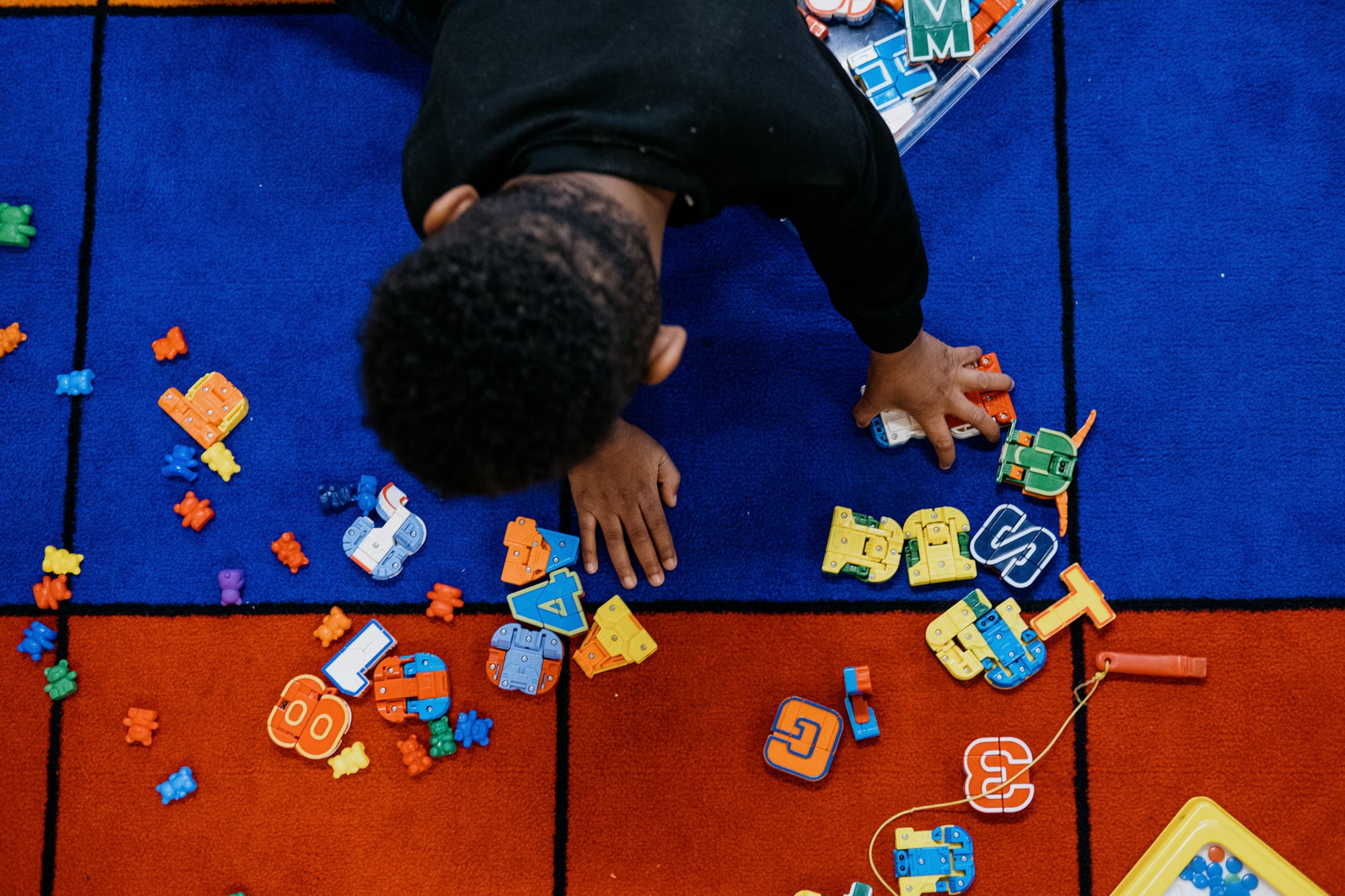Chalkbeat is a nonprofit news organization covering public education in communities across America. Subscribe to our free New York newsletter to keep up with NYC’s public schools.
The majority of New York City infants and toddlers who are eligible for specialized therapies have not received all of the support they’re entitled to, according to figures released Tuesday by the state comptroller.
From birth to age 3, children with developmental delays or disabilities are entitled to “Early Intervention,” a host of services that include speech and occupational therapy, or even psychological support.
But nearly 58% of New York City children who were eligible for those services did not receive all of the therapeutic support spelled out on the individualized plans, representing nearly 27,000 children.
That’s significantly higher than the 42% of children who did not receive services across the rest of the state during the period included in the audit, which ran from July 2018 to February 2022. The audit includes data from the onset of the pandemic, when the number of children receiving Early Intervention services dropped and providers attempted to conduct therapies virtually, a challenge for many young children.
The gap in services is particularly acute in the Bronx, where families have long pointed to problems securing Early Intervention services. More than two-thirds of children there did not receive all of the therapies they were entitled to, according to a Chalkbeat analysis, the most of any borough.
“We’re at a point where thousands and thousands of children are waiting for services and in some cases never receiving their services,” said Randi Levine, policy director at Advocates for Children, a group that has pushed for reforms to the Early Intervention system. “We’re seeing statewide systemic violations of children’s rights.”
Children can be referred for early intervention services in a variety of ways, including by their pediatrician, day care provider, caregiver, or even by child welfare agencies. Securing services early on in a child’s development is crucial for addressing delays and disabilities and can head off the need for more complex or expensive special education services later.
“Early Intervention exists because the brain is most malleable in the first three years of life,” Dr. Liz Isakson, the executive director of Docs for Tots, an organization that helps ensure children with delays get connected to services, previously told Chalkbeat.
The comptroller’s figures show that nearly 12% of city students who were referred for services were never evaluated for them (compared with 17% across the rest of the state). Among children who were evaluated, 95% received an individualized family service plan spelling out what support their child needs. But nearly a quarter of city students had to wait longer than the required 30 days for their services to kick in.
The audit points to several factors that can prevent children from getting the services they need. In some cases, provider shortages make services difficult to acquire. Working parents may not be able accommodate sessions during regular business hours.
In other instances, parents may not consent to services, potentially due to stigma or mistrust of government agencies, though the audit urges state and local agencies to better track why so many children are not receiving services and investigate racial and geographic inequities.
“The Department of Health needs to address the underlying reasons why children are not receiving the services they are entitled to, why services are often delayed and how access can be improved,” Comptroller Thomas DiNapoli said in a statement.
Advocates also contend that one source of ongoing service delays is that providers are continuing to lean on telehealth services even in cases where face-to-face support is needed.
“We’re creating a two-tiered system,” said Betty Baez Melo, who directs the early childhood education project at Advocates for Children. She noted that families in low-income communities have struggled to get access to providers who are willing to provide in-person services and argues the state should create financial incentives to encourage face-to-face services, a move supported by city officials.
The city’s health department, which administers the Early Intervention program, emphasized that children can miss therapies for a variety of reasons, including illness, vacations, or conflicting appointments. In those situations, city officials offer make up sessions, wrote spokesperson Patrick Gallahue.
“The time period of the comptroller audit covers the height of the COVID-19 pandemic, which presented enormous challenges to our Early Intervention Program,” Gallahue wrote. “Still, our staff worked furiously to bring services to families who needed them.”
Health officials also emphasized that gaining consent for services during the pandemic was challenging without a face-to-face conversation, but still sought it through email and text messages.
A spokesperson for the state’s health department, which oversees Early Intervention programs across New York, did not answer a question about the provision of telehealth services in lieu of in-person therapies. Asked about the large share of students who don’t receive all the services they’re entitled to, state officials emphasized that Early Intervention services are voluntary.
“Parents have a right to accept or reject some or all of Early Intervention services recommended for their child at any time, for any reason,” spokesperson Jeffrey Hammond wrote in a statement. “Although the COVID-19 pandemic affected the Early Intervention program, the Department has since worked to strengthen outreach to families.”
Alex Zimmerman is a reporter for Chalkbeat New York, covering NYC public schools. Contact Alex at azimmerman@chalkbeat.org.







